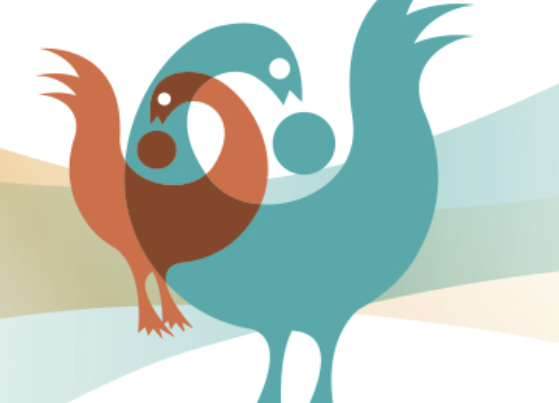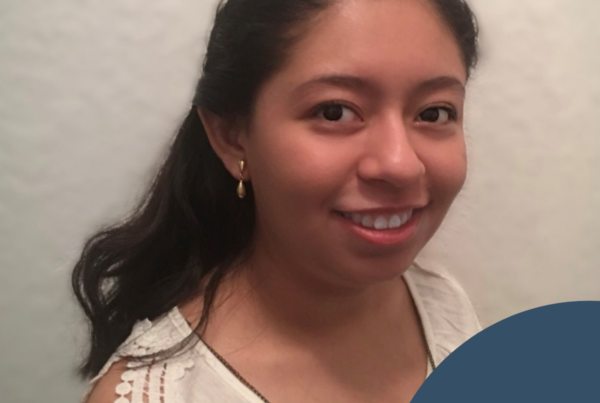Summary
Meet Dalton Kendrick, whose passion lies in advocating accessibility in the transition to higher education and building systems that help disabled students thrive.
From Music to Educational Psychology
Dalton Kendrick’s academic journey began with a BA in Music and a minor in Educational Psychology at Baylor University, where his interests first sparked around learning and support systems. He went on to earn his MSEd in Educational Psychology before beginning his PhD in Educational Psychology in the Human Development, Culture and Learning Sciences (HDCLS) department at The University of Texas at Austin.
Along the way, Dalton became an ACT LEND Fellow, a program between UT and Baylor that trains professionals about Autism and other developmental disabilities. These experiences gave him both a foundation in research and a growing awareness of the systemic challenges students face when moving into higher education.
Why the Center?
When Dalton joined the National Disability Center for Student Success, he immediately noticed two things: the breadth of research being conducted and the sense of teamwork that tied it together. He describes the atmosphere as one where everyone is encouraged to explore projects that align with their passions.
“Every member of the Center taps into research that aligns with their interests. The support I’ve seen in just the few weeks I’ve been here has been amazing.”
As a Research Assistant, Dalton is currently:
- Analyzing data sets collected by the Center to prepare for future research findings.
- Collaborating with Dr. Stephanie W. Cawthon on the development of a new measure for disability disclosure.
- Compiling resources to support faculty conversations about disability, accommodations, and accessibility in their classrooms.
- Supporting Center projects and providing assistance to Student Fellows as needed.
For Dalton, the Center is not just about research. It’s about belonging to a community committed to change. He sees it as both a model for his future work and a place where collaboration and impact come together.
“The Center is a vision of the work I hope to do in the future: building community, creating networks, and making an impact where we can.”
A Personal Connection
For Dalton, the drive to advocate for students with disabilities isn’t abstract. His passion comes from both being a family member of a person with a disability and his own experiences as a first-generation college student. He knows firsthand how challenging it can be to adapt when expectations shift.
“I understand how difficult it can be to pivot when expectations aren’t met. For students with disabilities, those challenges can be amplified and that’s what drives my research interest.”
This perspective has shaped his research interests in the transition from K–12 into undergraduate studies, not just how students make the move, but also how institutions can ensure their success once they arrive on campus.
Looking Ahead
At the Center, Dalton sees opportunities to sharpen his skills while contributing to projects with a direct impact on student experiences. This semester, he will focus on analyzing national survey data and supporting the development of new tools to understand disability disclosure and access in higher education.
He also wants other students to see advocacy as something within reach:
“Advocacy can feel overwhelming, but it doesn’t have to be. Start where you’re comfortable — whether that’s sending an email, joining a local group, or sharing your story with others. Advocacy is about doing.”



